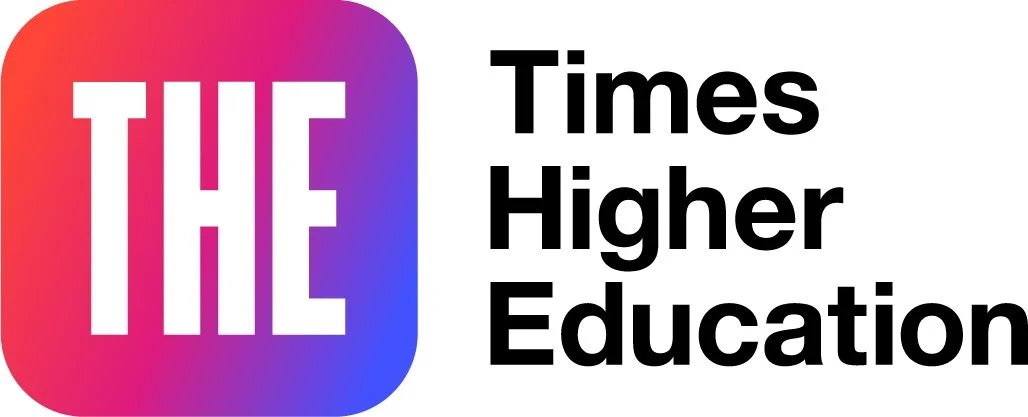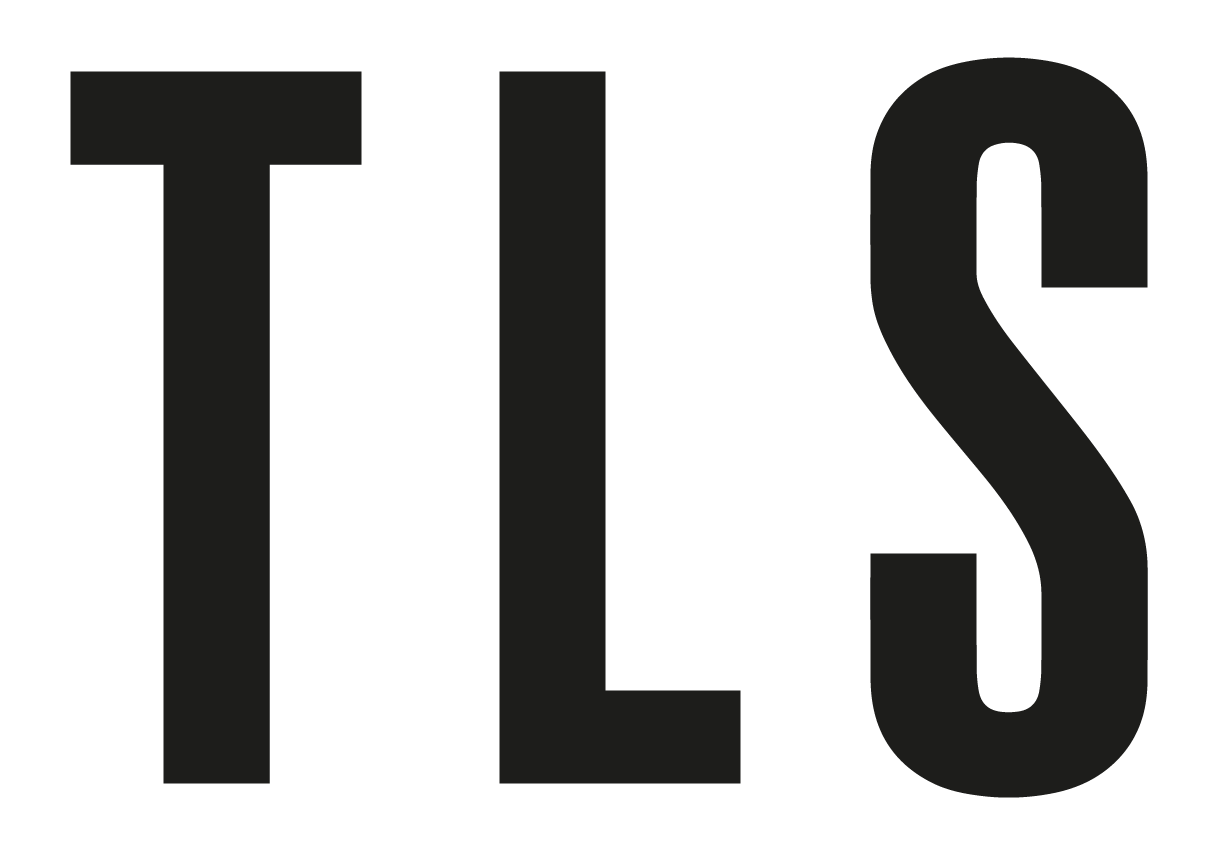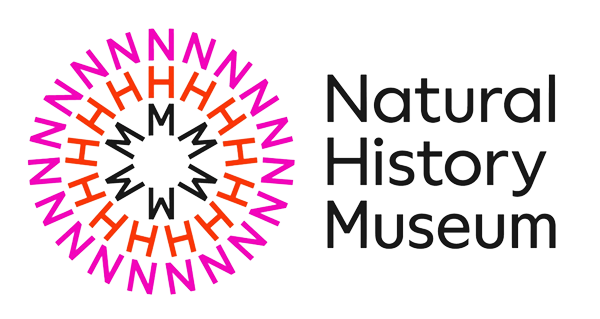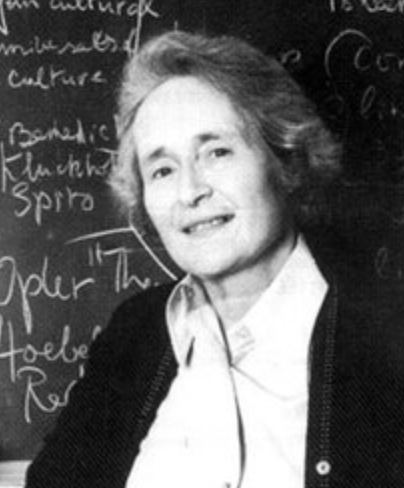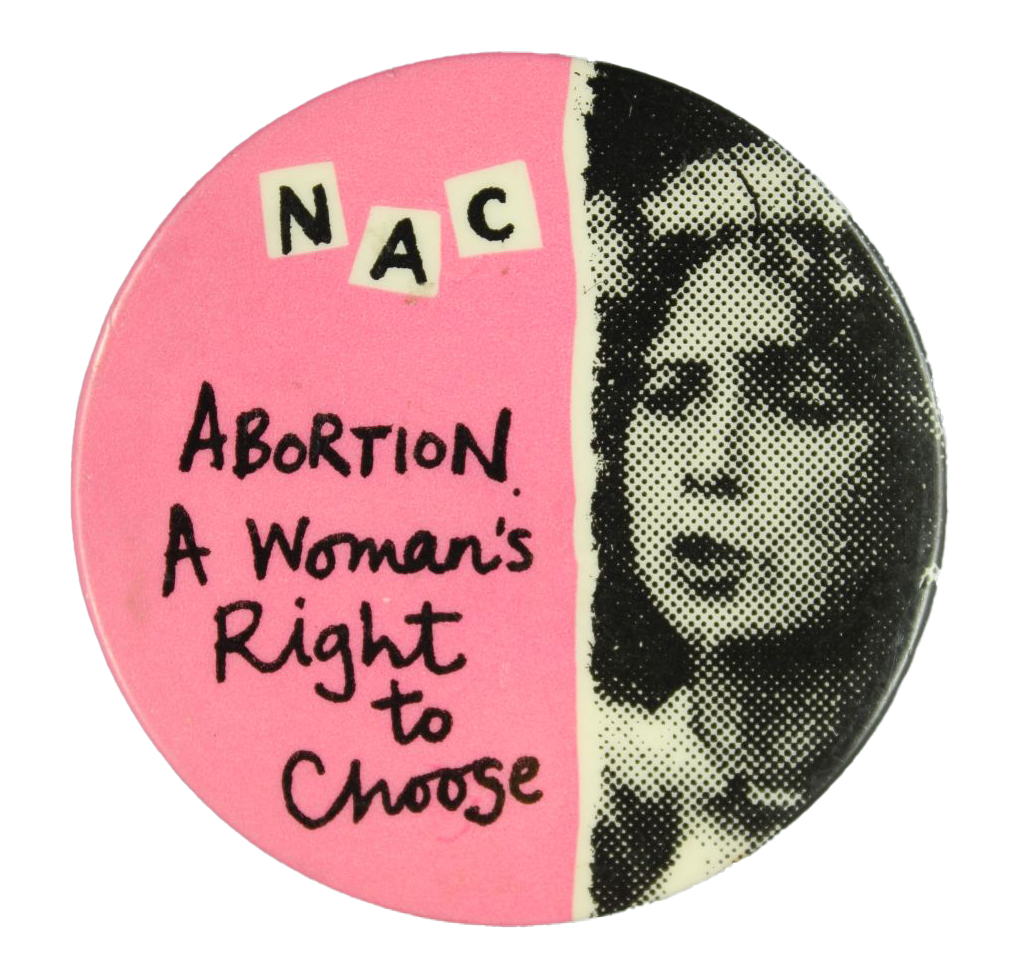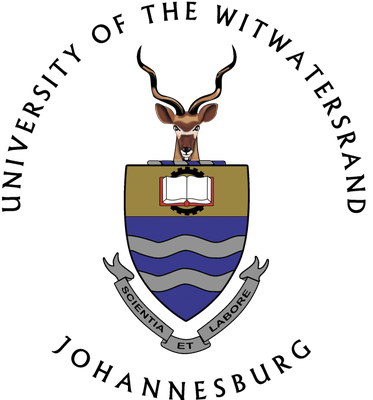BLOOD RELATIONS REVIEWS
-
![]()
“Revolutions in science seldom appear ready made…. But I suspect that the basis of a new synthesis between anthropology and biology may well lie within the pages of this book.”
Robin Dunbar, Times Higher Educational Supplement
-
![]()
“Chris Knight’s model is one of the rare successful attempts to solve the many apparent contradictions between anthropological universals and what we expect from evolution through natural selection. His great achievement is to put logic in what, otherwise, looks like a vast mess of anecdotal anthropological facts.”
Jean-Louis Dessalles, Télécom ParisTech
-
![]()
“Chris Knight in Blood Relations has this ‘extraordinary resolve’. His is an immense work of documentation and close argument. For all its obvious risks, the model offers no hypothesis which is not rigorously testable. Not only this, but it appears to solve most of the outstanding conundrums in contemporary anthropology.”
Peter Redgrove, Times Literary Supplement
-
![]()
“A man writing about menstruation as empowering not polluting; a Marxist analysis in which sex solidarity and class analysis assume equal explanatory power; a fully social and revolutionary account of our human cultural origins that privileges women; an explicitly political narrative of science in the first person; an interweaving of anthropology, biology, history of ideas, and philosophy; an attempt not just to interpret the world but to change the world: Blood Relations is all this and more”.
Diane Bell, American Ethnologist
-
![]()
“This book may be the most important ever written on the evolution of human social organization. It brings together observation and theory from social anthropology, primatology, and paleoanthropology in a manner never before equalled. The author, Chris Knight, who teaches social anthropology at the University of East London, is up to date on all these fields and has achieved an extraordinary synthesis. His critiques of Claude Lévi-Strauss on totemism and myth are a sheer tour de force.”
Alex Walter, Department of Anthropology, Rutgers University
-
![]()
Though Knight does tend to resemble a shaman with a spread-sheet, he is not concocting some syncretic religious brew of Darwinism and tribal initiation rites. He is every bit as materialist as Dennett or Dawkins – ultra-Darwinian, in Stephen Jay Gould’s terms – but unlike them, he has an intuitive understanding of the sacred.
Marek Kohn, Science correspondent, Independent on Sunday
-
“Imagine a time when women lived together, worked together, sang and danced together, and our lives, work rhythms, songs and dance rhythms were all governed by the cycles of the moon. Imagine a time when all our skins were dark, Europeans having newly arrived from Africa. Imagine a time when women had the power and solidarity to make men leave their warm hearth-sides, go out into the howling wastes of Ice Age Europe to hunt giant and ferocious mammoths and then transport their kills proudly back to the women’s camp.This is not a feminist matriarchalist dream. This happened somewhere between 60,000 and 40,000 years ago, according to the latest scientific account of human cultural origins given by male Marxist anthropologist Chris Knight in Blood Relations. The ‘Human Revolution’, as archaeologists call it, sparked an explosion of symbolic culture that was carried from Africa into Europe, Asia and all the way to Australia 40,000 years ago, and later all over the planet.”
Camilla Power, Everywoman
-
![]()
“A refreshing alternative to the plethora of prosaic and sexist variations on the ‘Man-the-Hunter’ theory of the origins of human culture.”
Cris Shore, Dept. of Social Anthropology, Goldsmiths’ College London
-
![]()
“Blood Relations is magnificent. Comprehensive in design, powerfully informed in execution – this book clarifies not only the problems of the past, but posits the need for a new cultural leap if we are to survive the present.”
M.R.A.Chance, Department of Anthropology, University College London
-
![]()
“Encyclopaedic in scope, this is a seminal work that will certainly stand as a classic example of the application of the Marxist anthropological model to an examination of the origin of human culture…”
Choice, American Library Association
-
![]()
"This theory is designed to cock a snook at every premise which sleeps undisturbed in our current assumptions….The result is an exhilaratingly original edifice of astonishing range.”
Caroline Humphrey, London Review of Books
-
![]()
"From the evidence of burials and symbolic objects, rituals and religious beliefs probably go back more than 100,000 years, but could they actually have been central to the origins of modern humans? A British anthropologist, Chris Knight, certainly thinks so, and in a wide-ranging synthesis of data from present-day anthropology, primatology and sociobiology, together with archaeology, he and his collaborators have argued that women collectively produced a social revolution in Africa over 100,000 years ago."
Chris Stringer, London Natural History Museum
-
![]()
“Ignoring this book is a mistake. It is a very readable, witty, lively treasure-trove of anthropological wisdom and insight….Chris Knight has taken on the task of explicating not only the whys and hows of human cultural evolution, but also vast constellations of cultural behaviour covering Australia, Africa, Europe and all of the Americas.In this endeavour he is extraordinarily cross-disciplinary in his approach, utilizing insights from cultural anthropology, sociology, sociobiology and palaeo- and ethno-archaeology.In short,Knight is a complete anthropologist, one who realizes the value of exploring all corners of his field to synthesize disparate work into a cohesive whole."
R. E. Davis-Floyd, Journal of the Royal Anthropological Institute
-
![]()
“A quite remarkable contribution to our subject.”
Marilyn Strathern, Department of Social Anthropology, University of Manchester
-
![]()
“From apparently modest beginnings, this is the most ambitious project on the origins of culture to have emerged for decades.The effort to establish a collectivist point of departure for the theory of human communication has had to struggle against the individualist assumptions that dominate cognitive science, but this very struggle makes the book original and important”
Mary Douglas, C.B.E., F.B.A.
-
![]()
“As women all over the world fight for control over their own sexuality and fertility, Chris Knight in Blood Relations has performed a service. We can now prove that we’re demanding nothing new. We once had collective control over our own bodies; our fight now is to regain it.”
Leonora Lloyd, Secretary, National Abortion Campaign
-
![]()
“Chris Knight is reconstructing a human revolution that occurred many thousands of years ago. Whether his argument is true or not I am not qualified to judge. But what I want to convey here is the excitement – and the quite extraordinary sense of homecoming and comradeship – which this magnificent book has caused me. But also relief, such relief: as if I am at last in the presence of an understanding which allows something hard and knotted and perverse and intrinsically unshareable, to unfold, stretch, breathe. The release of tension as I read page after page of the detailed, passionate and ironic argument was extraordinary, and something for which I still feel great waves of gratitude.”
David Holt, The Guild of Pastoral Psychology
-
![]()
“Blood relations is a bold, panoramic and, in my opinion, easily the most persuasive account of the human revolution. Like any great work there are gaps and unfinished lines of thought – doubtless they will stimulate scholars in the years to come. However, Knight has made the decisive breakthrough which anyone who wants to be taken seriously must develop … or decisively disprove.”
Jack Conrad, Weekly Worker
-
“What we find most remarkable in Knight’s work is precisely this effort to bring together genetic, archaeological, paleontological and anthropological data in a ‘theory of everything’ for human evolution, analogous to the efforts of the theoretical physicists who have given us super-string or quantum loop gravity theory.”
‘Jens’, International Review
-
![]()
“Knight offers us a model of the birth of culture which, born in practices and needs which are firmly rooted in our biological nature, nevertheless takes form in the real will of our ancestors to impose a collective and liberatory solution to a common problem.”
Timothy Mason, University of Paris
-
![]()
“A most important, novel, well-argued and monumental piece of work.”
J. D. Lewis-Williams, Rock Art Research Unit, University of the Witwatersrand
-
![]()
“One of Knight’s chapters is headed ‘The Revolution’…, but his whole book might well have had this in the title for his thesis has revolutionary implications for modern scholarship as well as hypothesising a revolution in the remote past.”
Emily Lyle, School of Scottish Studies, University of Edinburgh
DECODING CHOMSKY REVIEWS
-
“The whole story is a wreck... complete nonsense throughout.”
Noam Chomsky
-
“This is Chomsky from a new perspective, the perspective of a social anthropologist. It connects his science with his politics in a novel and convincing way. Knight has dug deeper and made more interconnections than anyone has done before. The result is truly revelatory.”
Michael Tomasello, author of A Natural History of Human Thinking
-
“Knight’s exploration of Chomsky’s politics, linguistics, and intellectual history is unparalleled. No other study has provided such a full understanding of Chomsky’s background, intellectual foibles, objectives, inconsistencies, and genius.”
Daniel Everett, author of Language: The Cultural Tool
-
“Chris Knight tells a compelling story with startling clarity and forceful elegance, about the bizarre results of studying language, that most human of faculties, by removing it as far as possible from lived human experience. He provides a persuasive explanation for Chomsky’s strategy that reveals striking perspectives on the relationship between science, politics and values.”
Marek Kohn, author of 'As We Know It: Coming to Terms with an Evolved Mind.'
-
“I can say that this is the best critique of Chomsky from the left that I have ever read. I disagree with Knight quite profoundly on a number of key issues, but in every chapter I learned something new and, in fact, found myself agreeing with him more and more as the book progressed.”
Frederick Newmeyer, author of 'Linguistic Theory in America'.
-
“History comes alive via compelling narrative. As a devoted historian of the profession, I was particularly delighted by the sections on how Russian linguistics influenced the development of cognitive science in Cambridge, Massachusetts, during the height of the Cold War and for many decades thereafter. The revealing sections on Roman Jakobson and his own intellectual predecessors are worth the price of the book. Knight is indeed an impressive historian when it comes to recounting the gripping personal histories behind Chomsky’s groundbreaking contributions to science and philosophy.”
Sean O'Neill, American Ethnologist
-
“Fascinating on so many levels, Knight’s critique of an academic demigod is a compelling case study of the institutional, personal, interpersonal, historical and accidental forces shaping one of the major intellectual movements of our time.”
N.J. Enfield, author of ‘How We Talk: The Inner Workings of Conversation.’
-
“Few disagree that language has been a game-changer for the human species. But just how we came by language remains hotly contested. In ‘Decoding Chomsky’, Chris Knight strides into this minefield to bravely replace miraculous leaps and teleology with a proposal that actually makes evolutionary sense.”
Sarah Hrdy, author of 'Mothers and Others: The Evolutionary Origins of Mutual Understanding.'
-
“This is one of the most exciting scholarly books I have read in years. Decoding Chomsky will be required reading for anyone at all interested in the history of intellectual and political thought since the 1950s.”
David Golumbia, author of 'The Cultural Logic of Computation.'
-
“Decoding Chomsky reads like a detective novel. So many of the arguments I found right on the mark, but I would recommend it just for the pleasure of reading Knight’s great English prose, particularly his talent for understatement. A truly fantastic work, simply brilliant. I could not put it down.”
Luc Steels, Director of the Artificial Intelligence Laboratory, Free University, Brussels
-
“Decoding Chomsky was a decade in the making and may be the most in-depth meditation on ‘the Chomsky problem’ ever published. A compelling read.”
Tom Bartlett, Chronicle of Higher Education
-
“Chris Knight is to be commended for this engaging and thought-provoking intellectual history of a thesis that remains hotly contested – and the reverberations of which, as he rightly observes, resonate far beyond academia.”
Houman Barekat, Times Literary Supplement
-
“Simply brilliant. Others have noted the systematic disjunct between Chomsky’s Pentagon-funded linguistics and his political dissidence, but this is the first theoretically sophisticated analysis of a chasm between mind and body, theory and practice which has become profoundly symptomatic of postmodern culture as a whole.”
David Hawkes, author of ‘Ideology.’
-
“Decoding Chomsky is a groundbreaking analysis of the wide chasm that now exists between modern language science and Chomsky’s view of language. A must-read for anyone trying to understand the history and trajectory of Chomsky’s ideas.”
Gary Lupyan, University of Wisconsin
-
“This book provides a fascinating account of the disconnect and symmetry between Chomsky’s value-free science and his science-free politics. Knight roots this in the tension between Chomsky ‘s detestation of the US military and his dependence on military funding for his linguistic research.”
Les Levidow, editor, 'Science as Culture.'
-
“Intellectually hip and iconoclastic, ‘Decoding Chomsky’ surveys 1950s McCarthyite politics and 1960s student unrest in order to get a handle on the extraordinary influence of Noam’s ideas. If you’re a former New Left protestor against university collaboration with the US war machine or a current 21st-century anti-war student, you’ll find Knight’s chapter on MIT’s historical relationship to the Pentagon – titled ‘The Most Hideous Institution On This Earth’ – especially cutting-edge, ground-breaking and informative.”
Bob Feldman, Students for a Democratic Society Steering C'ttee, Columbia University 1968
-
“Social anthropologist Chris Knight has, almost miraculously, solved the Chomsky Problem. I’ve been trying to solve it for 20 years; I now feel the euphoria that one of us has solved it. ‘Decoding Chomsky’ is an astonishingly well-written and researched volume that will probably be the most important work in the history of ideas, post World War II, that you’ll read for quite some time. It’s so lucid and well-researched and intellectually and emotionally gripping I couldn’t find a fault with it, though I tried.”
Michael Johnson, 'Overweening Generalist.'
-
“Really important books do not come along very often. But here is one of them.”
Jack Conrad, 'Weekly Worker.'
-
“‘Decoding Chomsky’ will make uncomfortable reading for some because while Knight celebrates Chomsky’s anti-racist and anti-imperialist politics, he reminds us of the other Chomsky, the world-famous linguist. Most of us in the labour movement know little and care less about this side of Chomsky’s work. Why should we? It’s highly technical, appears irrelevant to our activism and anyway, who am I to judge? Chris Knight thinks we should care.”
Jackie Walker, 'Labour Briefing.’
-
“Knight offers a sustained argument against the view that Chomsky’s work as a linguistic scientist can be separated (compartmentalised) from the military and state ties of the institution in which he worked, the Massachusetts Institute of Technology.”
Andrew Coates, 'Tendance Coatesy.'
-
“I enjoyed reading this book... If you’ve ever pondered the way Chomsky acts like he’s basically two separate people, you will find this book well-stocked with quotes and anecdotes that outline the strange relationship between Chomsky and Chomsky…”
Lauren Gawne, 'Superlinguo.'
-
“Knight says his ‘subversive intention’ is ‘to serve justice on Chomsky the scientist without doing an injustice to Chomsky the conscience of America.’ Now why should that be subversive? Any voice critical of Chomsky risks being dismissed as yet another right-wing defender of political orthodoxy, but given even the most superficial examination of Knight’s biography one could hardly question that he supports the substance of Chomsky’s views (as do I). Nonetheless, he shows how Chomsky has acquiesced in – more than that, has participated in and abetted – a radical post-war transformation of the relation of science to society, legitimating one of the significant political achievements of the right, the pretense that science is apolitical.”
Bruce Nevin, 'The Brooklyn Rail.'
-
"Chris Knight’s book on the science and politics of the world’s most influential intellectual — Noam Chomsky — is an insightful book and, one might say, a-pleasure-to-read kind of book."
Thomas Klikauer, The European Legacy
-
"Decoding Chomsky ... is a straightforward, clear and fast read. It focuses on all the major phases of Chomsky's linguistic theories, their institutional preconditions and their ideological and political ramifications. And it is absolutely devastating."
Peter Seyferth, Anarchist Studies
